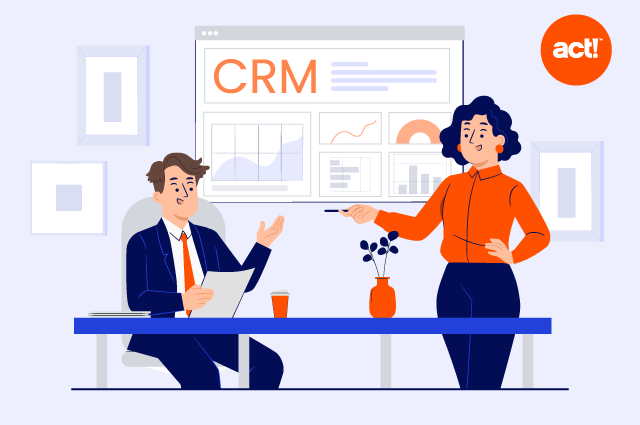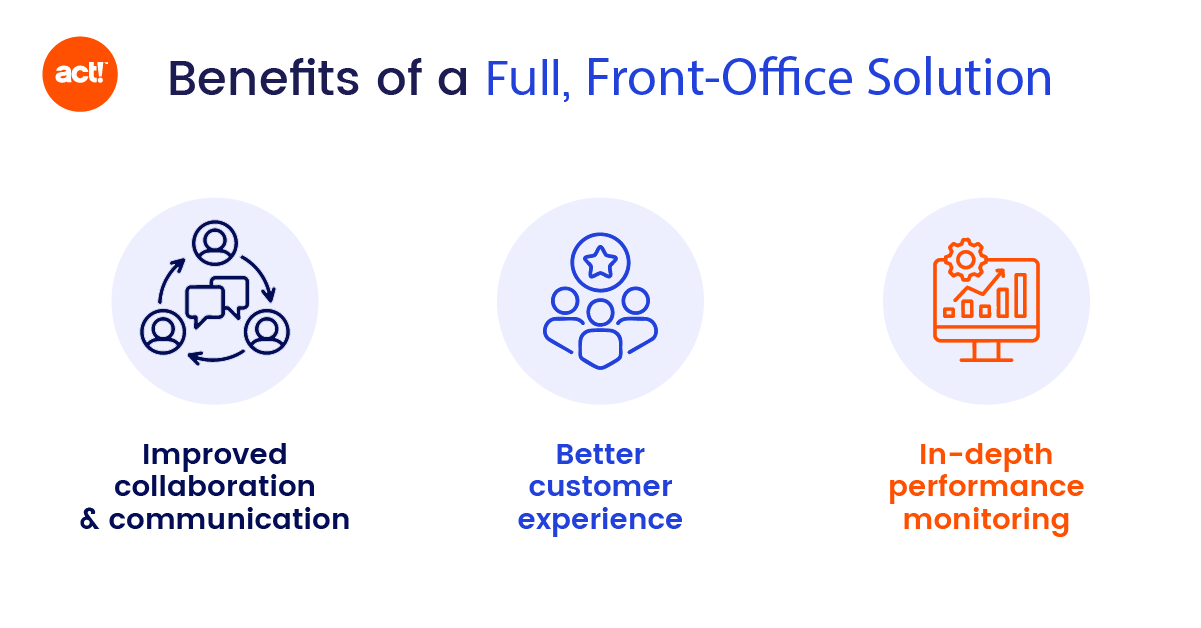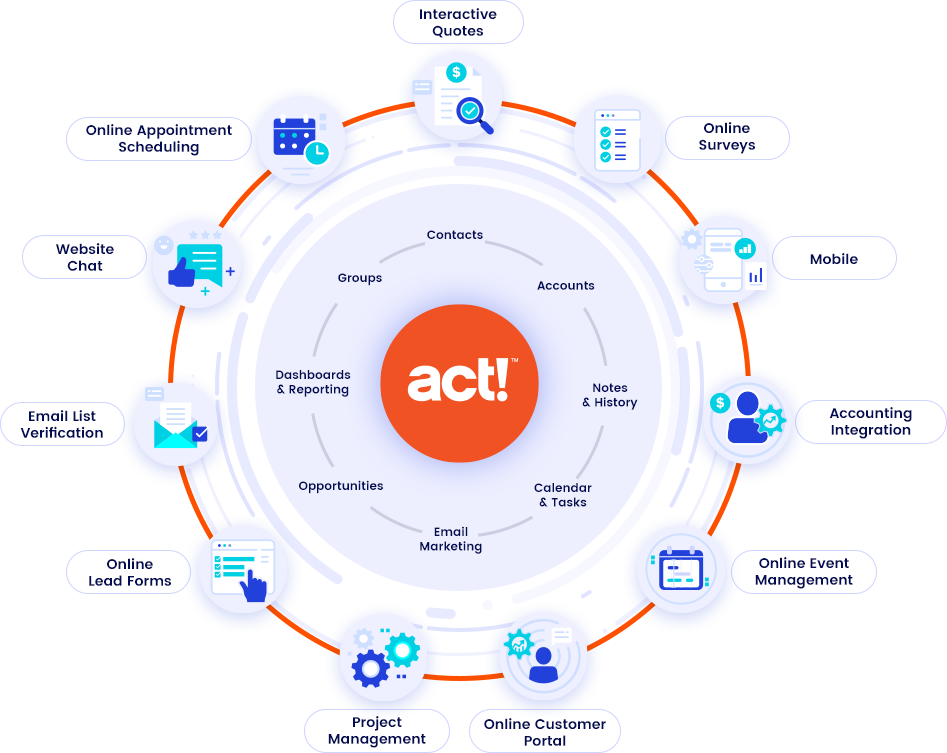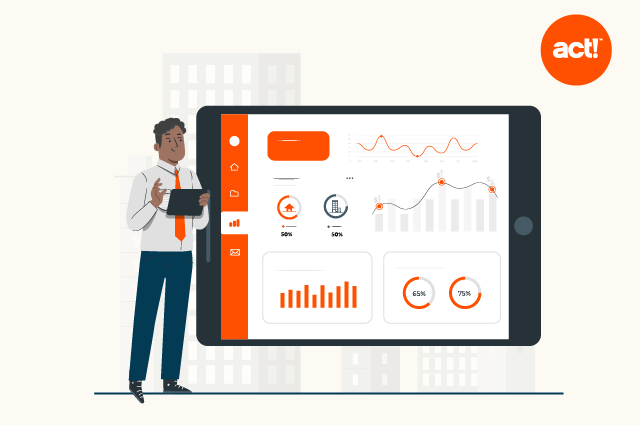
It’s 2025, and if you’re a business owner, you likely already use a customer relationship management (CRM) platform.
Case in point—71 percent of small businesses used a CRM platform in 2024. And 81 percent of organizations intended to increase their CRM budget in the next year.
These numbers aren’t surprising, considering that CRM systems offer several benefits. For instance:
- 97 percent of businesses using a CRM solution met or exceeded their sales goals in the past year.
- 93 percent of organizations reported higher retention rates after using a CRM platform.
- 43 percent of businesses cut down five to ten hours of employee workload weekly.
But here’s the thing—for modern SMBs with hybrid sales, marketing, and service teams, run-of-the-mill CRM solutions aren’t enough. They need tools designed to enable effective collaboration and sharing of information among entire cross-functional teams.
A full-office solution is a better alternative for these evolving business needs. Think of it as a comprehensive CRM. Curious? Let’s dig deeper into the shortcomings of most CRM systems and the benefits of a full-office business solution.
Why most CRMs fall short
CRM software serves as a centralized hub for customer data. It offers instant access to purchase behavior, service history, payment details, and more.
However, sales and marketing teams still need several other apps to engage, convert, and retain customers. For instance, marketing teams have to invest in an array of tools to design and test landing pages for lead generation.
You might also need to set up a chatbot on your website to engage first-time visitors and turn them into leads. Similarly, sales teams have to create drip email sequences to personalize lead nurturing.
Plus, wouldn’t it be great if sales managers could assign follow-up tasks and monitor deal progress in one central hub?
CRM platforms don’t always offer these project management capabilities. You’ll need to use various tools for file sharing, screen sharing, and more to ensure seamless team collaboration. Also, adding too many third-party tools to your tech stack can result in integration headaches and inefficiencies.
It’s also worth noting that employees in a hybrid work environment need on-the-go access to customer data as they switch between home and office devices, compelling businesses to look beyond a traditional CRM and consider a full-office solution.
How full-office business software enhances collaboration and efficiency

With a traditional CRM platform, sales, marketing, and customer service teams must switch among multiple third-party tools to build and maintain client relationships. This leaves room for communication gaps and data silos, making these platforms error-prone and inefficient and burdening small businesses with scalability issues.
On the other hand, a full-office business solution improves team performance by offering a single, integrated platform to connect teams and streamline workflows. Think of it as a central hub that comes in handy at every step of customer engagement, from the first interaction to post-purchase.
Here are just some of the benefits of a full-office solution.
Improved collaboration and communication
Typically, full-office business solutions come with project management features, such as task assignment and shared workspaces. These allow sales teams to manage multi-stage projects, track each deal, and minimize the risk of missed opportunities.
You even get built-in feedback capabilities, such as comments. Similarly, sharable reports ensure cross-functional teams have timely access to customer insights. For instance, marketing teams can keep an eye on conversion rates across the sales funnel to evaluate the effectiveness of their content.
Consolidating all insights and updates in one central hub minimizes the risk of communication gaps and data inconsistencies and improves efficiency.
Better customer experience
With full-office business software, you can create a single source of truth for customer data. Every team member gets a unified 360-degree view of customers, including their purchase preferences, email activity, and more. Plus, any changes in a customer’s profile are updated in real time.
This helps sales and support teams build trust and delight customers with on-point, consistent messaging. You can engage them with personalized text messages, emails, and push notifications, creating a seamless omnichannel experience.
Further, you can automate key touchpoints, such as subscription renewal reminders and order updates, to improve customer satisfaction and retention.
In-depth performance monitoring
A full-office solution consolidates the performance data of cross-functional teams into a central hub. Plus, you can use interactive dashboards to visualize key metrics, track trends, and generate real-time insights. It helps small business owners identify and eliminate bottlenecks that slow down workflows.
For instance, if customer service response times spike at specific times of the day, you can allocate resources judiciously to manage high call volumes. Additionally, you can set up automated responses to handle common customer queries.
Act!’s new full-office approach: A closer look
About 38 percent of all jobs posted in Q4 2024 offered remote work in some capacity (hybrid/fully remote)—almost double that of the number in Q1 2023. As a result, a full-office solution is becoming a must-have.
How does a full, front-office platform like Act! fit into that landscape? Well, we’re introducing new features to the platform and turning it into a full-fledged business suite, complete with collaboration and communication tools, project management tools, multi-channel marketing capabilities, and mobile access.
Act!’s full-office business software offers the following:
- Lead generation tools: Engage new website visitors and address common queries with a chatbot. Turn them into leads with optimized landing pages and web forms.
- Personalized marketing: Nurture leads with targeted email and SMS marketing campaigns.
- Interactive quotes: Create custom quotes, share them with prospects, and monitor how they interact with your proposal.
- Project management: Use collaboration tools to manage multi-stage projects and work with cross-functional, remote teams.
- Customer engagement: Let customers schedule appointments and manage their accounts using a self-service portal.
- Mobile access: Get instant access to real-time customer data, regardless of your location.
Additionally, Act! includes several other useful features, such as automated workflows, task management, advanced search capabilities, an email list verifier, an AI writing assistant, and more than 80 standard reports.
These features eliminate the need to build a tech stack with several third-party tools. Instead, you can rely on Act! to address all the needs of marketing, sales, and support teams.
Embrace the next wave of CRM with Act!

Act! unites your customer data, sales and marketing processes, website, accounting system, business apps, and more for maximum productivity.
In the era of hybrid teams and demanding customers, traditional CRMs don’t make the cut. Modern startups and enterprises need an all-in-one business suite that fosters effective communication and collaboration, streamlines workflows and drives customer satisfaction.
With Act!’s full-office solution, you get a powerful, integrated platform that combines CRM, marketing automation, customer engagement, pipeline management, and more. Start your free trial and see how Act! can improve the efficiency of your sales, marketing, and customer support teams.







